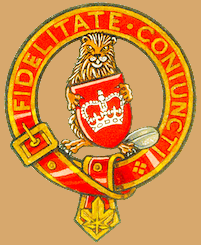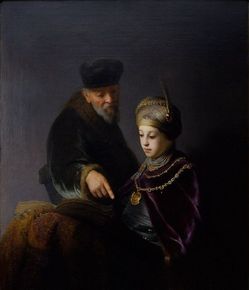 Prince Rupert of the Palatinate & his Tutor
Prince Rupert of the Palatinate & his Tutor like a term from a role-playing
game (and by now it probably
is one). The term in fact refers
to loosely categorized genre of
literature which dealt with
instructing rulers on how best
to govern. A sort of kingly self-
help book.
The education of future rulers
was from a very early period a
matter of concern. Plato in his
description of the ideal city in
The Republic emphasized the need to educate the rulers well
in order to avoid tyranny. In response to The Republic (or
perhaps the other way around) Xenophon wrote the
Cyropaedia. Detailing the life & education of King Cyrus of
Persia the book would come to serve as an example for late
Medieval and Renaissance writers on how to construct similar
'guidebooks via example'.
their rulers. While the majority of the Book of Proverbs in
the Hebrew Bible deal with moral and community living, the
latter part is described as being the wisdom King Lemuel was
taught by his mother. As a whole the Book of Proverbs would
have been a product of the Royal Court and is likely to have
been used, in part, to tutor young princes. Likewise the
Egyptians had the Instruction of Amenemope. Some were
specific in nature. Seneca's De Clementia deals with mercy
and was written for Emperor Nero (the advice didn't stick).
The above examples were mostly concerned with instilling
a morally upright character and a sense of what is just. While
practical advice was sometimes included it seems (to me at
least) that the writers assumed they need only ensure the
readers developed good moral character in order to prepare
them for leadership.
Period. Via regia written in AD 813 by Smaragdus of Saint-
Mihiel is arguably the first European Mirror for Kings. It was
written for Louis the Pious, King of Aquitania. I will not go
through the process of listing every Mirror for Princes that
was penned. Especially when Wikipedia has a pretty good list
of its own I can link to.
Perhaps the most famous mirror was The Prince by Niccolo
Machiavelli. This is a little unfortunate as aside from the
possibility it was satire and/or a malicious attempt to
undermine princely rule it was also devoid of moral
considerations. So whether it was just 'darker and edgier' or a subversion of the genre entirely it is still a fairly atypical
representation of the genre.
Even kings themselves got in on the act. King James VI of
Scotland wrote Basilikon Doron for his son & heir. It deals
with living morally, governing effectively, and having good
personal habits.
And while The English Constitution by Walter Bagehot was
not written as a mirror it has been studied by generations of
Canadian monarchs for its insight on the role of a monarch in
a constitutional monarchy.
In the modern world you don't hear of presidents and prime
ministers being presented with books of practical knowledge
and advice for governing. And given some of the political
leaders we have had perhaps this is rather unfortunate.
Loyally Yours,
A Kisaragi Colour
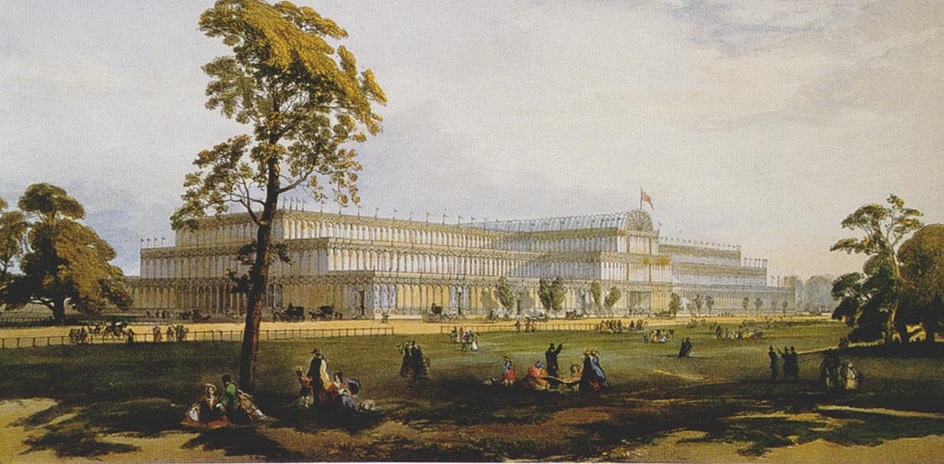
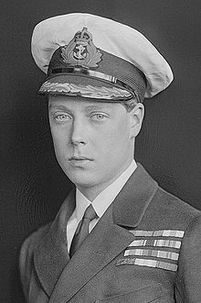
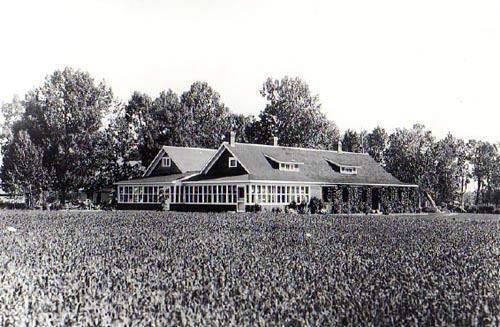
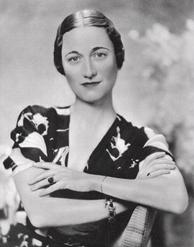
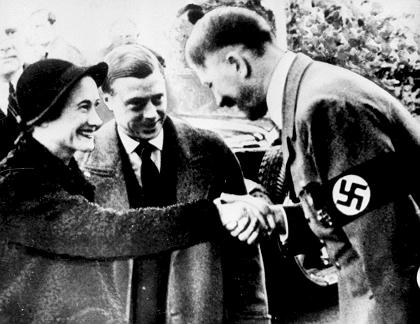
 RSS Feed
RSS Feed
